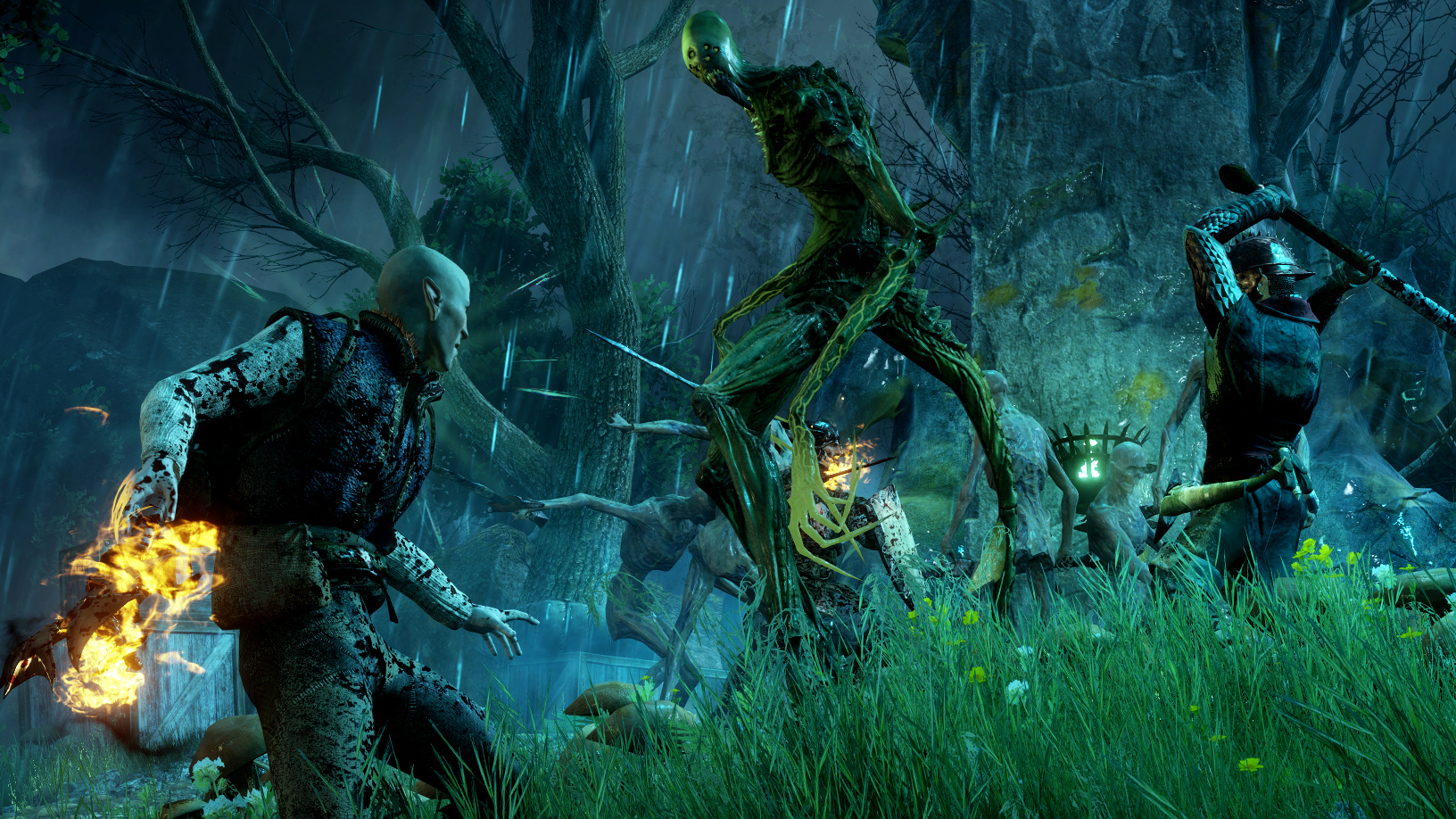EA resubmits patent for dynamic difficulty adjustment

Sign up for breaking news, reviews, opinion, top tech deals, and more.
You are now subscribed
Your newsletter sign-up was successful
This article has been edited for clarity.
EA has resubmitted a patent that details an adaptive difficulty system that could be a boon if you’re struggling to progress through any one of EA's single player titles. The company has stressed, though, that its 'dynamic difficulty adjustment' system would not be used in any of its games' online multiplayer modes including FIFA, Madden and NHL.
The patent, originally reported by OpAttack, is not only aiming to organically adjust difficulty based on player performance, but also has a key goal of keeping its players engaged and progressing steadily through the duration of their play session.
Adaptive difficulties provide games with a way to adjust how easy or hard a game can be on the fly. Often, this is based on how well a player is faring with the challenges presented. If you’re having a tough time against a boss, for example, a game could slightly alter the difficulty behind the scenes, allowing for an easier time without the player necessarily noticing anything.
- FIFA 21 review
- Dragon Age 4 characters: who we want to see return
- EA Play has made Xbox Game Pass Ultimate even better - here's why
The patent was filed back in 2016, but was resubmitted in October of last year, and published on March 25, 2021. The abstract details the system’s intent to “perform automatic granular difficulty adjustment” that would be undetectable by the player.
While this isn’t anything new - plenty of games have experimented with adaptive difficulty for years - EA’s patent looks to go one step further by not only predicting how long someone’s play session will be, but adjusting the challenge to make progression comfortable and steady within that time frame.
Easy street

Difficulty is something that developers can often struggle with getting precisely right. Preset difficulty choices like easy, normal and hard provide a good template for creating varying levels of challenge, but they don’t always do what they say on the tin. Often, easy modes can be too easy, hard modes too difficult and vice versa.
Sign up for breaking news, reviews, opinion, top tech deals, and more.
As mentioned, games have been experimenting with adaptive difficulty systems for decades. A notable example is Resident Evil 4, which had selectable difficulty options complemented by hidden settings that would slightly adjust the game’s toughness on the fly based on the player’s performance.
It's important to stress that EA's dynamic difficulty adjustment patent outlines examples rather than intent, but we can envision an implementation that helps with gaming accessibility. There’s been an upsurge in developers focusing on accessibility in their games of late, and game difficulty certainly ties into a player’s capability of enjoying a game.
Adaptive difficulty is by and large another method of introducing accessibility into games, offering virtually no downsides if the developer implements it correctly. An adaptive difficulty can help less skilled players experience as much of a game as possible, but it can also ramp up the challenge for those who are looking for it.
It’s not yet clear whether EA’s patent will be implemented in its future games (or when that might happen), but it does have a number of games in the works that could certainly benefit from it, including the upcoming Dragon Age 4. As these are hotly anticipated titles, implementing a fresh adaptive difficulty system could ensure players of a wider range of skill levels get to enjoy EA’s latest releases.
- Dragon Age 4 will be a solo experience

Rhys is TRG's Hardware Editor, and has been part of the TechRadar team for over four years. Particularly passionate about high-quality third-party controllers and headsets, Rhys strives to provide easy-to-read, informative coverage on gaming hardware of all kinds. As for the games themselves, Rhys is especially keen on fighting and racing games, as well as soulslikes and RPGs.